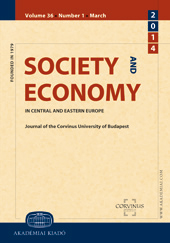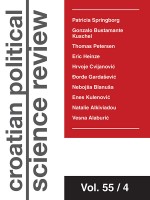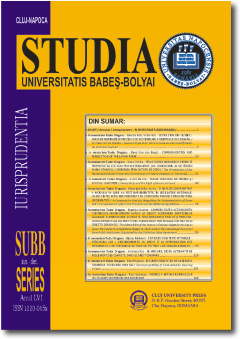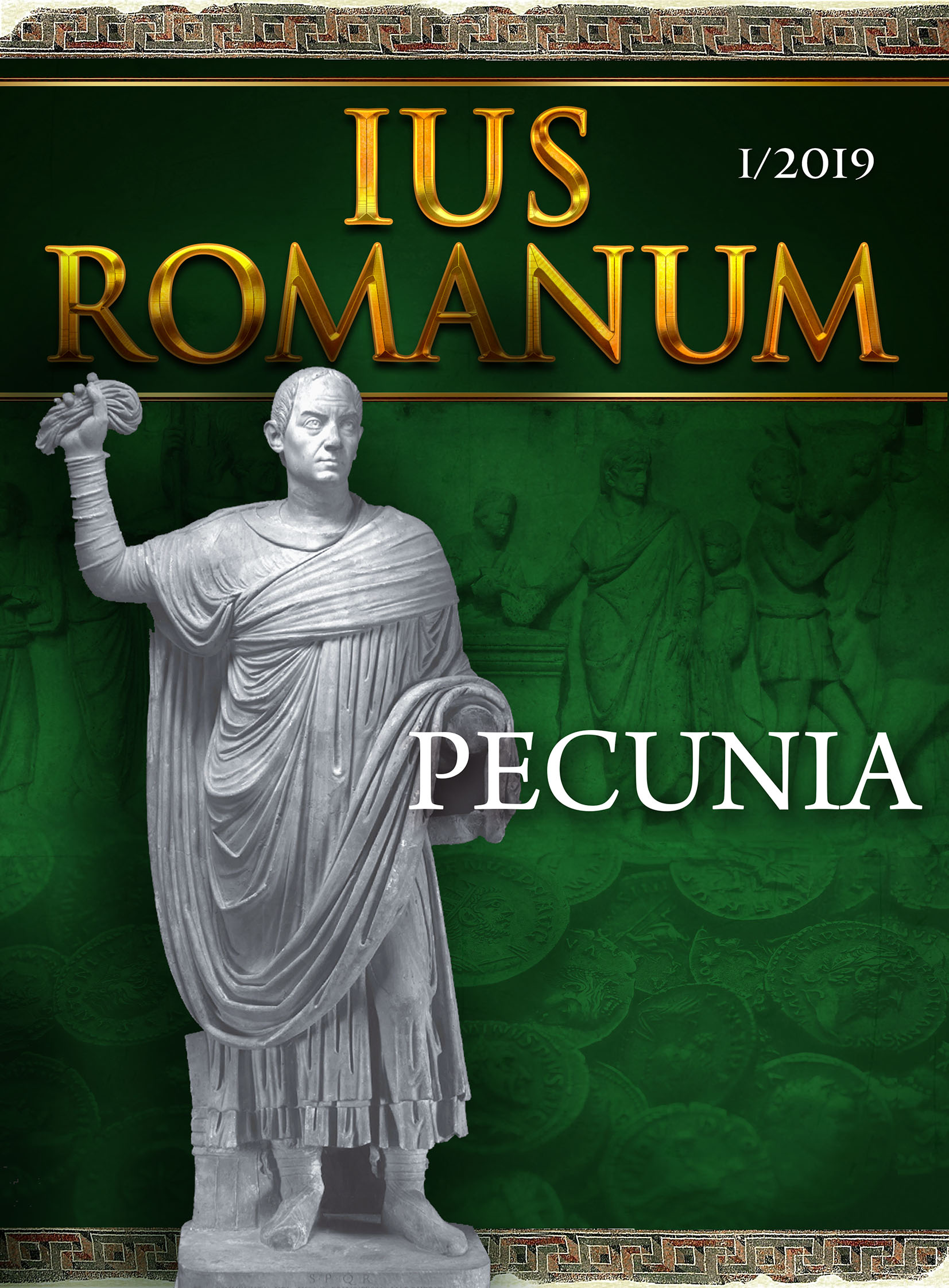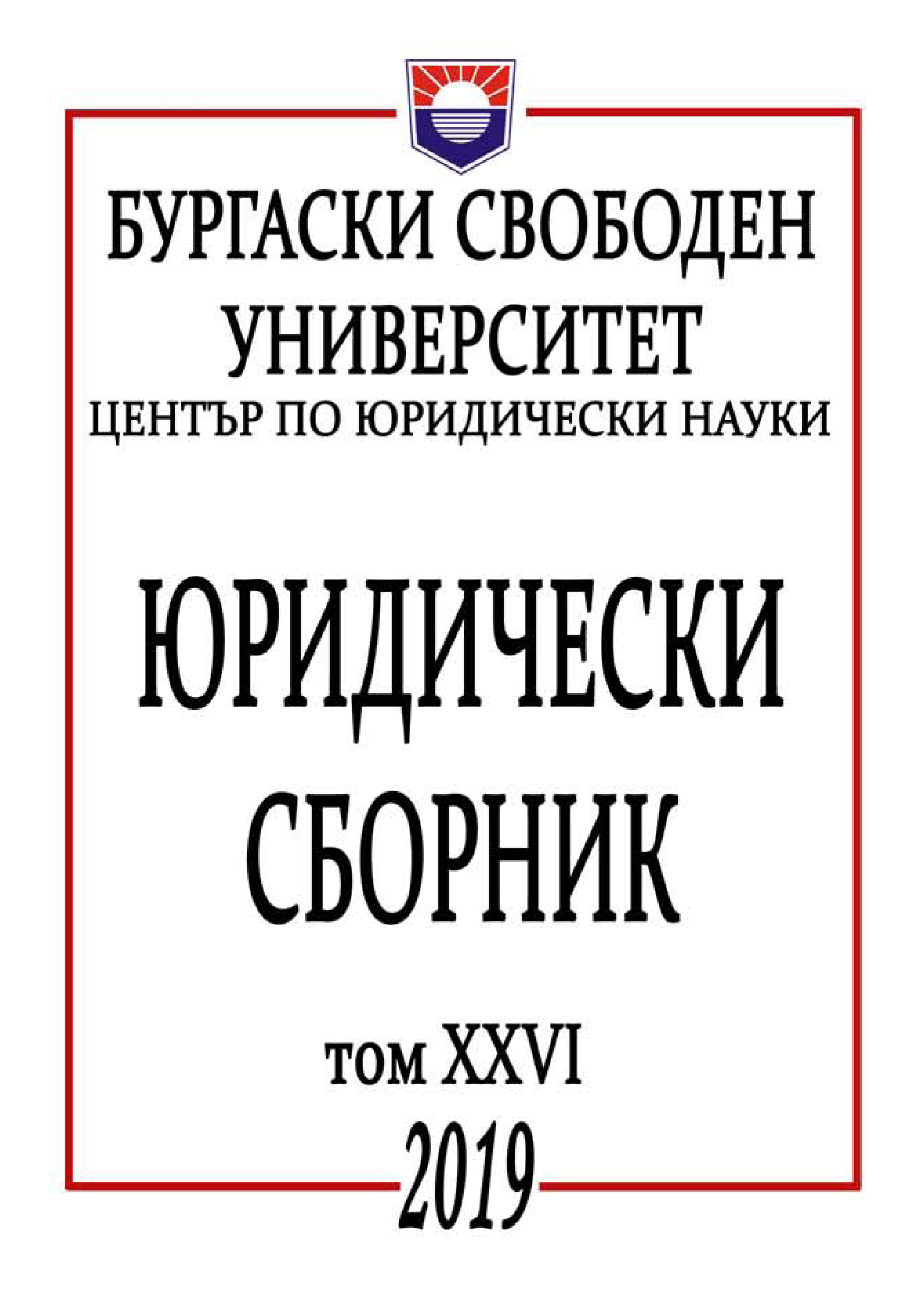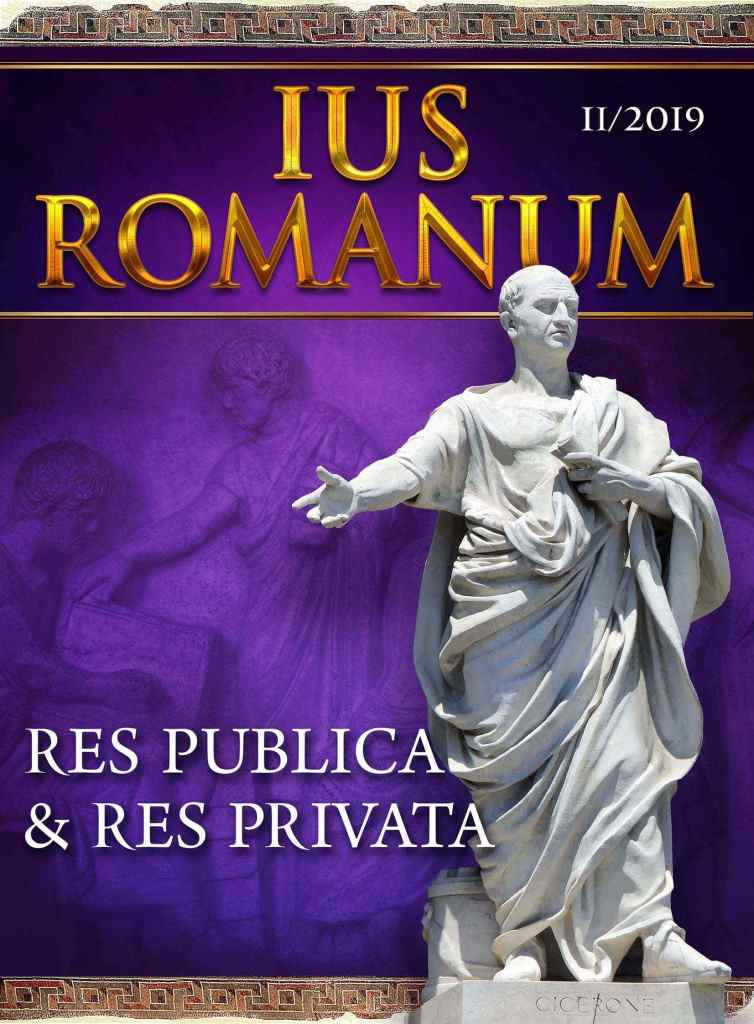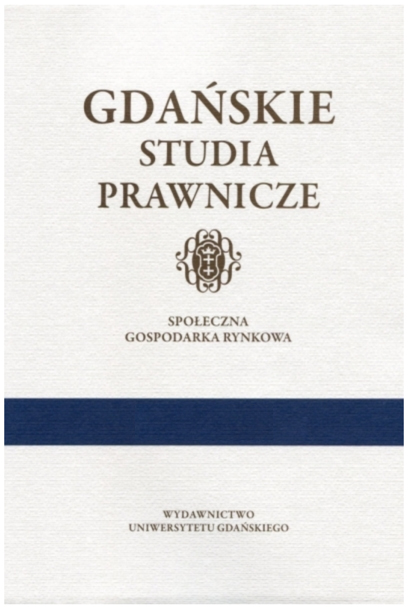
„Dyskryminacja pozytywna” jako przejaw urzeczywistniania zasady sprawiedliwości społecznej
One of the basic principles of a democratic state that has been also expressed in art. 2 of the Polish Constitution is the principle of social justice which sets the standards of a democratic, legal and fair state. It should be noticed that social justice is closely linked to the issue of equality before the law and the problem of discrimination. The article is devoted to legal measures that are undertaken by states in order to secure the constitutional principle of equality by eliminating potential cases of discrimination. The Author has focused on the so-called “positive discrimination” (also referred to as affirmative or compensatory actions). Having recognized the importance of the problem of discrimination against certain groups in the society, EU Member States implement anti-discrimination policies through the adoption of appropriate regulations at the international, transnational and national levels. In addition to general declarations of equality in social, economic and political life, these provisions also introduce specific remedies in order to prevent discrimination against certain groups in the society which by definition are weaker and thus implement the principle of equal treatment. Such specify measures can be found in Poland f. ex. in the provisions of the Labor Code, the law on economic activities or the Electoral Code which proves that compensatory actions under the anti-discrimination policy are used in various fields of social and political life often being perceived as controversial.
More...
